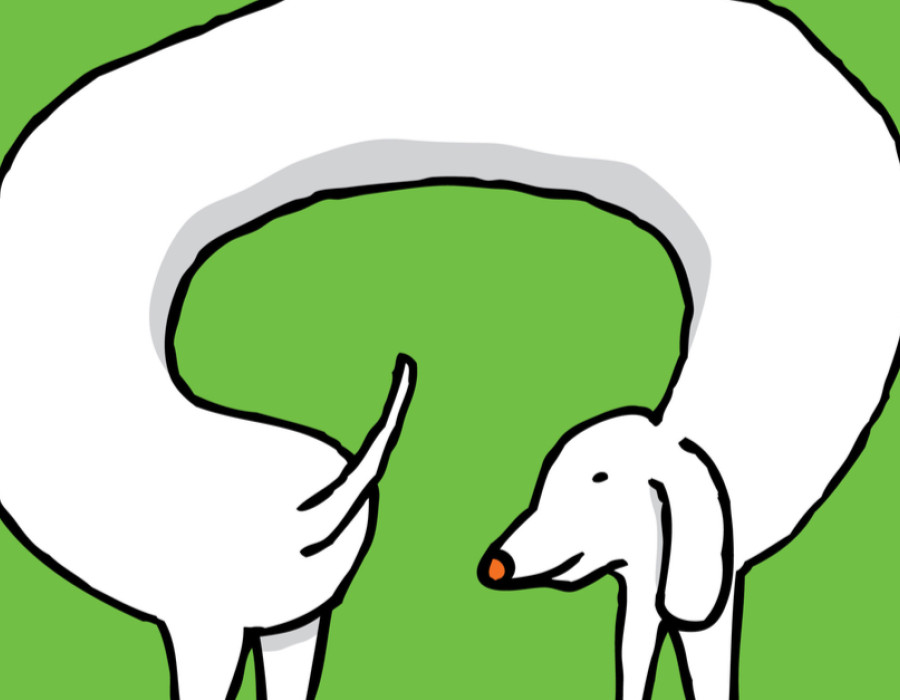
Martin Goodson
The Five Hindrances: 1 | Sense Desire
Exercises in Mindfulness
Sense desire is an integral part of our experience but our relationship to it causes us to suffer.
 ©
© Adobe stock
Buddhism is full of shopping lists! Both the early practitioners of Buddhism and the Buddha himself went to great pains to analyse and categorise the various elements important to practice.
Today we begin by looking at another formulation that can be used for practice known as The Five Hindrances. These are explained as being the hindrances to meditation. It is useful however to remind ourselves that meditation is not just something that we do on a seat, but as the Buddha says in the Satipatthana sutta, is done in the four positions of sitting, standing, walking and lying down. This is a stylised way of saying “in all activities of our daily lives.”
‘Desire’ features frequently in Buddhism, and in the first sermon the Buddha ever gave, he says that attatchemnt to desire is the root of our suffering and dissatisfaction.
What is the nature of desire?
Well, we experience a state of restlessness that is proportional to the strength of the desire. We fidget and our thoughts turn to and focus on, what ‘I’ would like to happen. As the mind grasps towards its desired future outcome, the present is cast into a shadow that feels increasingly unsettling and dissatisfactory.
Hence Eka asked Bodhidharma: “My heart is not at ease, please pacify my heart.”
But the Buddha diagnosed this condition carefully, noticing that even if we get what we want we are only satisfied for a brief time before a new dissatisfaction arises for something else, which sets us off yearning and searching once again.
The philosopher Blaise Pascal says of this condition, that all the ills of humanity stem from the fact that we cannot sit alone in our own company for long. In other words, the Buddha noticed that this restlessness is an inner condition that gets projected out onto ‘things’. We get an idea and then chase after it. For the Buddha, this restlessness is a problem that arises in the inner heart, not in the outer world.
But why does the heart continually give rise to this restlessness?
In the Mahaparinirvana sutra, the Buddha declared on his awakening: ‘How wonderful, how miraculous, all beings, but all beings, are fully and completely endowed with the Wisdom and Strength of the Tathagata (another name for Buddha nature), but sadly because of their sticky attachments human beings are not aware of it.’
The Buddha Nature is the force and wisdom of Life itself and it ‘informs’, all forms. So an oak tree functions as an oak tree whether conditions are good, bad or indifferent. This is the same for all life forms, but, according to the Buddha we humans are not naturally aware of this.
What does this mean?
Humans are the only species which wonders what life is all about. We doubt what we do. We are disturbed by the thought that the universe might have no meaning and that therefore, our own lives are also meaningless. No other species is riven by such existential angst - they just seem to get on with their lives. If humans feel ‘cut off’ from this ‘informing' information then perhaps this existential doubt is a result of that disconnection?
But this ignorance of our own inherent nature is an aberrant state, an artificial one which throws up a sense of something lacking. It is this sense of something lacking that gets projected out on to a desire for this and that.
Although we mistake objects (both material and mental) as being the answer to our restlessness, what we are in fact searching for is the Buddha Nature, which is the nature of our own heart.
This heart-energy, in the form of desire, is itself what the heart fails to recognise, being blinded by the objects of desire.
So, what to do?
We must come together with that energy.
The method for doing so was given by an example told by Ven. Myokyo-ni when she was working as a librarian for The Buddhist Society in London in the 1970s.
One day a very smartly dressed gentleman came into the library and after having a look around fell into a conversation with Myokyo-ni. He told her he was just passing through London on business, as he did frequently, but that he would be glad to get out of the city because he found it a hotbed of temptation! He went on to say that his ‘weakness’ was cream cakes and that London seemed to have patisseries on every corner.
Myokyo-ni asked him if he would be willing to try an experiment?
She told him that the next time he passed a cake shop which diverted his attention, he should stop in front of it and really look at the object of his desire and inwardly say ‘I WANT A CREAM CAKE!’ and to really feel that wanting in the heart as a naked fire.
Once he could really feel the desire, she told him to close his eyes and carry on… ‘I WANT… I WANT!’, then to drop the ‘I’ and go … ‘WANT… WANT!’ He should then keep repeating this for a few minutes until he felt it was exhausted and then open his eyes.
So, the man went out, and to be honest she wasn’t sure he would do it, but half an hour later he was back exclaiming: “It worked! I am cured!”
“No you are not” she replied “But now you at least know what to do when it arises.”
With the object gone and the ‘I’ who is ever wanting gone, that heart-energy returns to its source and no longer produces the restlessness that drives ‘me’ so.
See how this works with your own objects of desire!









